The capacity building workshop on advocacy was co-delivered by Out for the Win and Atlasz Sports Club, partners of the Erasmus+ Sport project +PLUSS “LGBTQI+ Policy and Leadership in Sport and Society” and delivered the capacity building on advocacy in Budapest (Hungary) on October 27th-29th, 2023
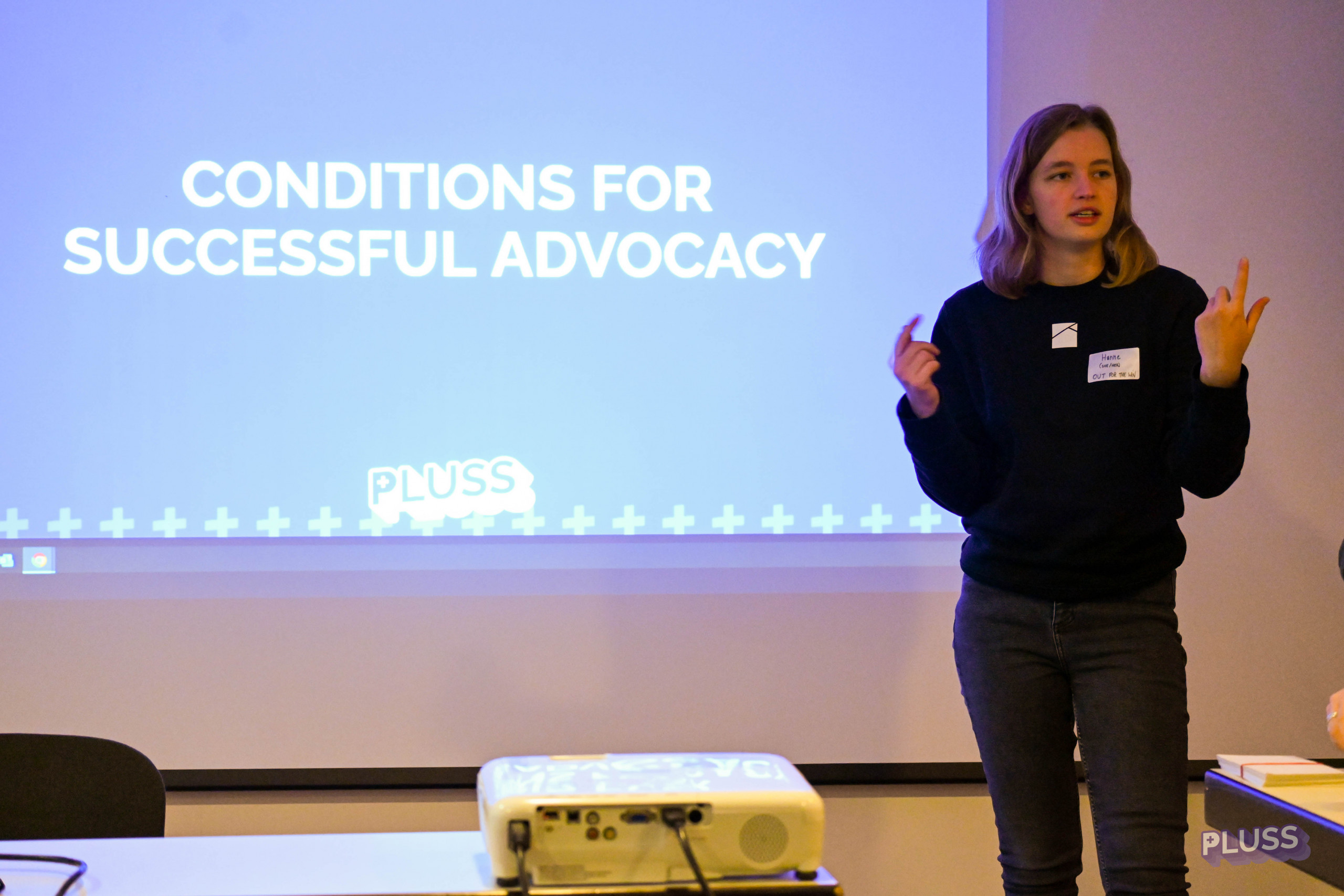
Defining Advocacy:
Advocacy is the active support of an idea or cause through strategies and methods aimed at influencing the opinions and decisions of people and organizations. This definition is intentionally broad, allowing a wide range of ideas, strategies, and target audiences to be considered as advocacy.
Within the PLUSS project, the cause is the inclusion of LGBTQIA+ individuals in sports. To make the concept of advocacy more tangible in this context, we focus on four key characteristics:
- Audience: Whose opinions or decisions are you aiming to influence?
- Actions: What activities will you undertake to influence your audience?
- Channels: Which media platforms are most effective for reaching your audience and facilitating your actions?
- Resources: What resources (financial, time, etc.) are needed to implement your actions?
For advocacy to be impactful, these characteristics must be chosen to complement and reinforce each other. For instance, organizing workshops (actions) might not be the best approach if your goal is to change public opinion (audience), as this would require actions with a broader reach. The type of action prioritized will also determine the necessary resources and channels for success.
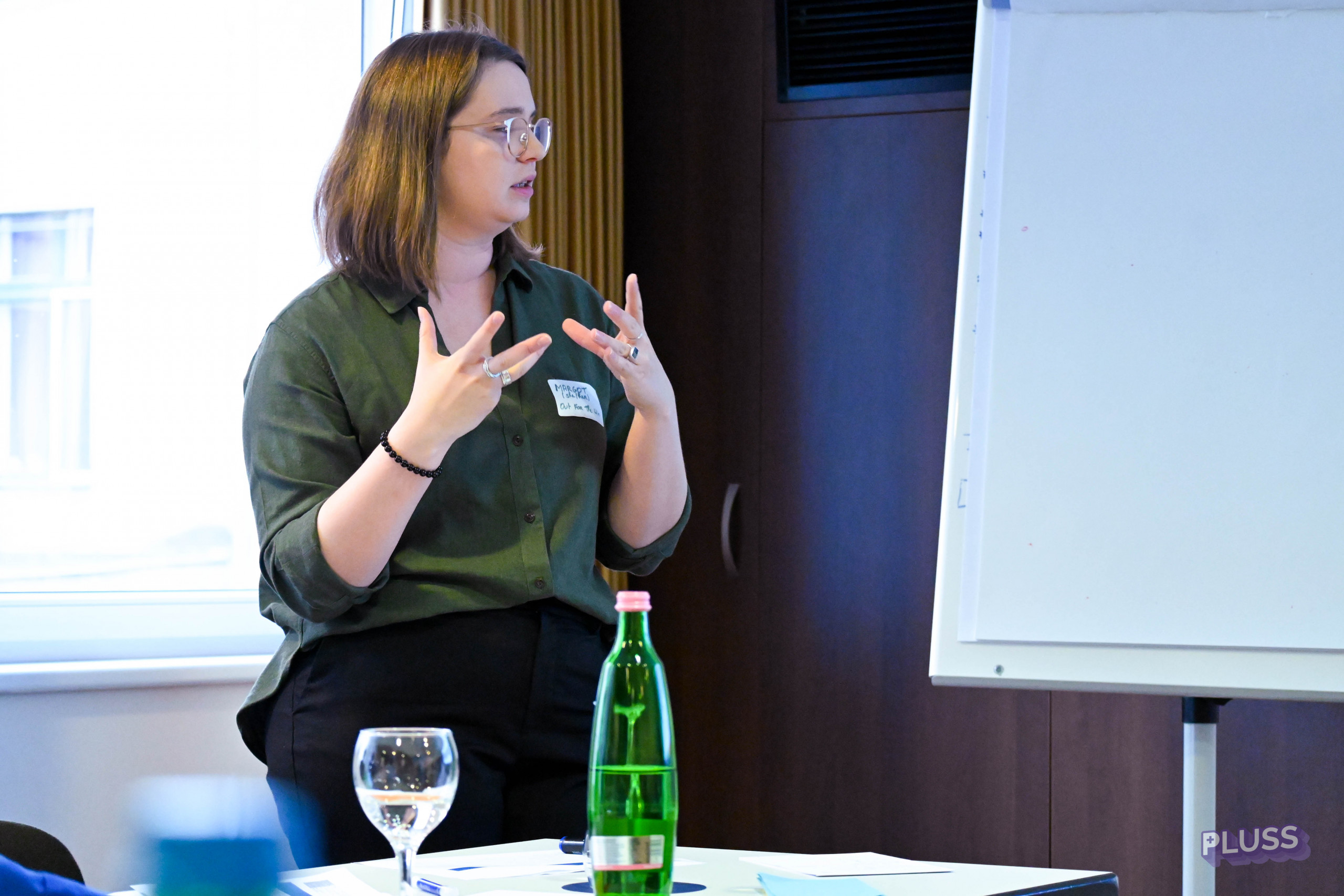
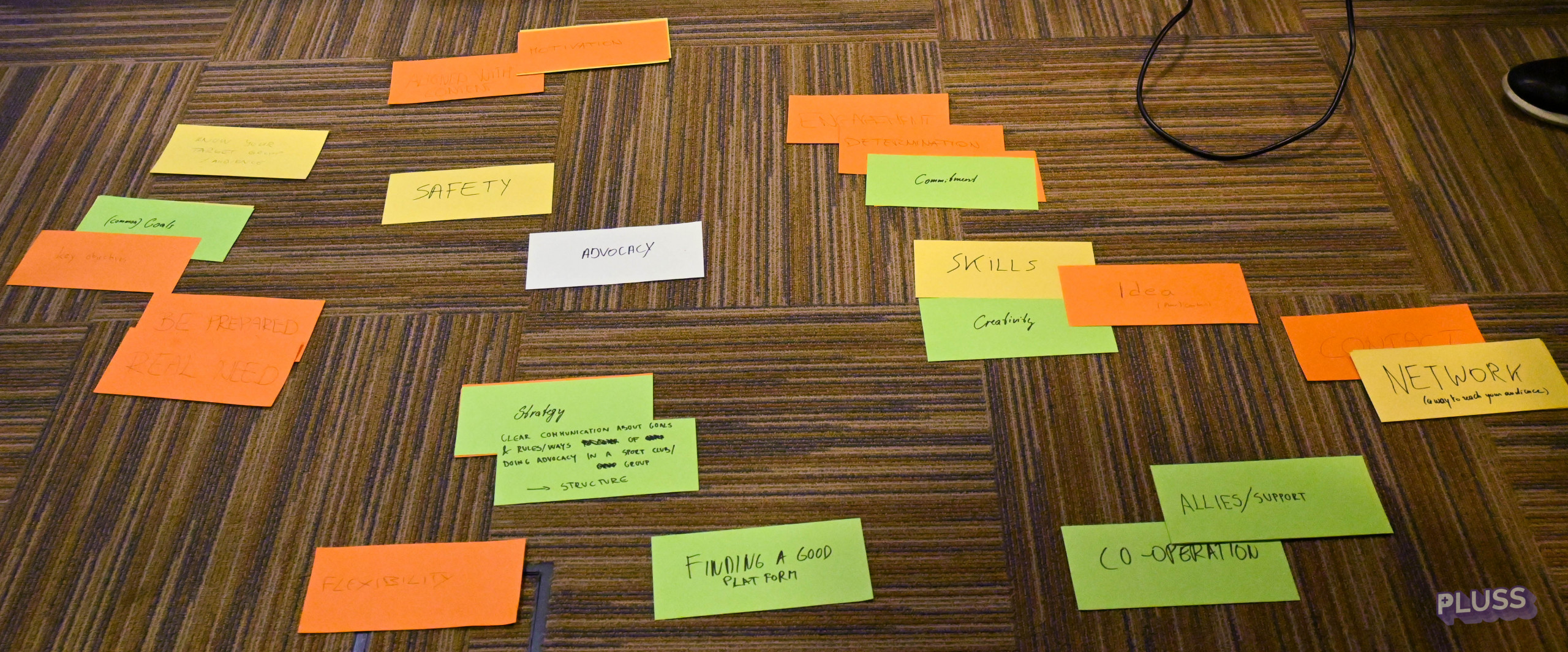
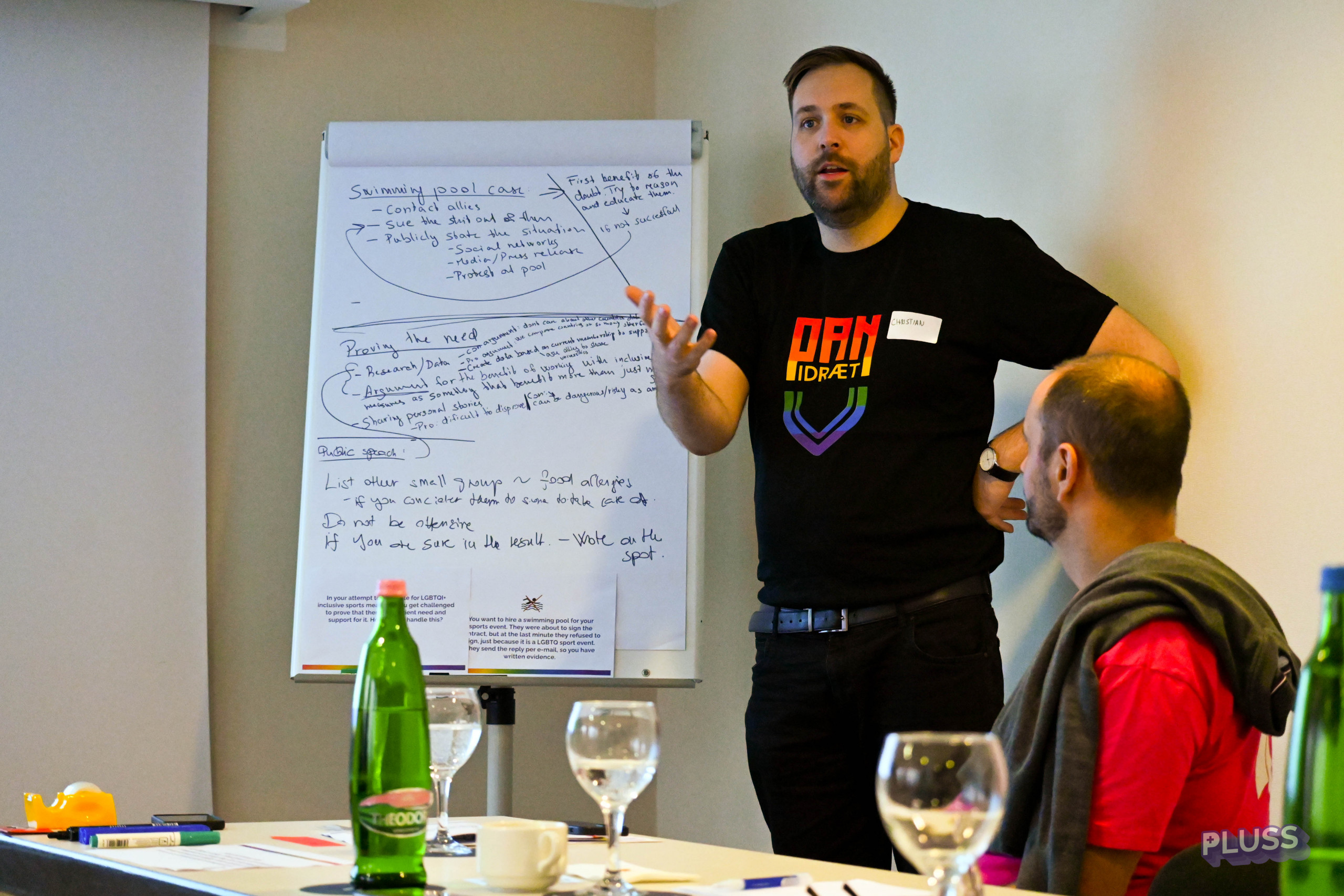
Case Study: Out For The Win
Out For The Win advocates for the inclusion of LGBTQIA+ individuals in mainstream sports organizations. To achieve this, we focus on engaging Flemish sports federations, our target audience, as they have the authority to influence sports clubs and introduce new ideas and norms.
To reach our goals, Out For The Win organizes workshops and dedicates significant effort to educating people within these sports federations. Our primary methods include storytelling and presentations, through which we explain key terminology, the daily challenges faced by LGBTQIA+ individuals, and the critical role sports federations play in reducing barriers.
This approach exemplifies one of many effective advocacy practices. When advocating, it's crucial to consider three central elements:
- Network: Building a well-thought-out network is essential for reaching your goals.
- Stakeholders: Effective advocacy involves addressing a “lack of voice.” It’s important to listen to those voices and prioritize their needs.
- Organization: Successful advocacy requires an internal structure and culture that supports these efforts.
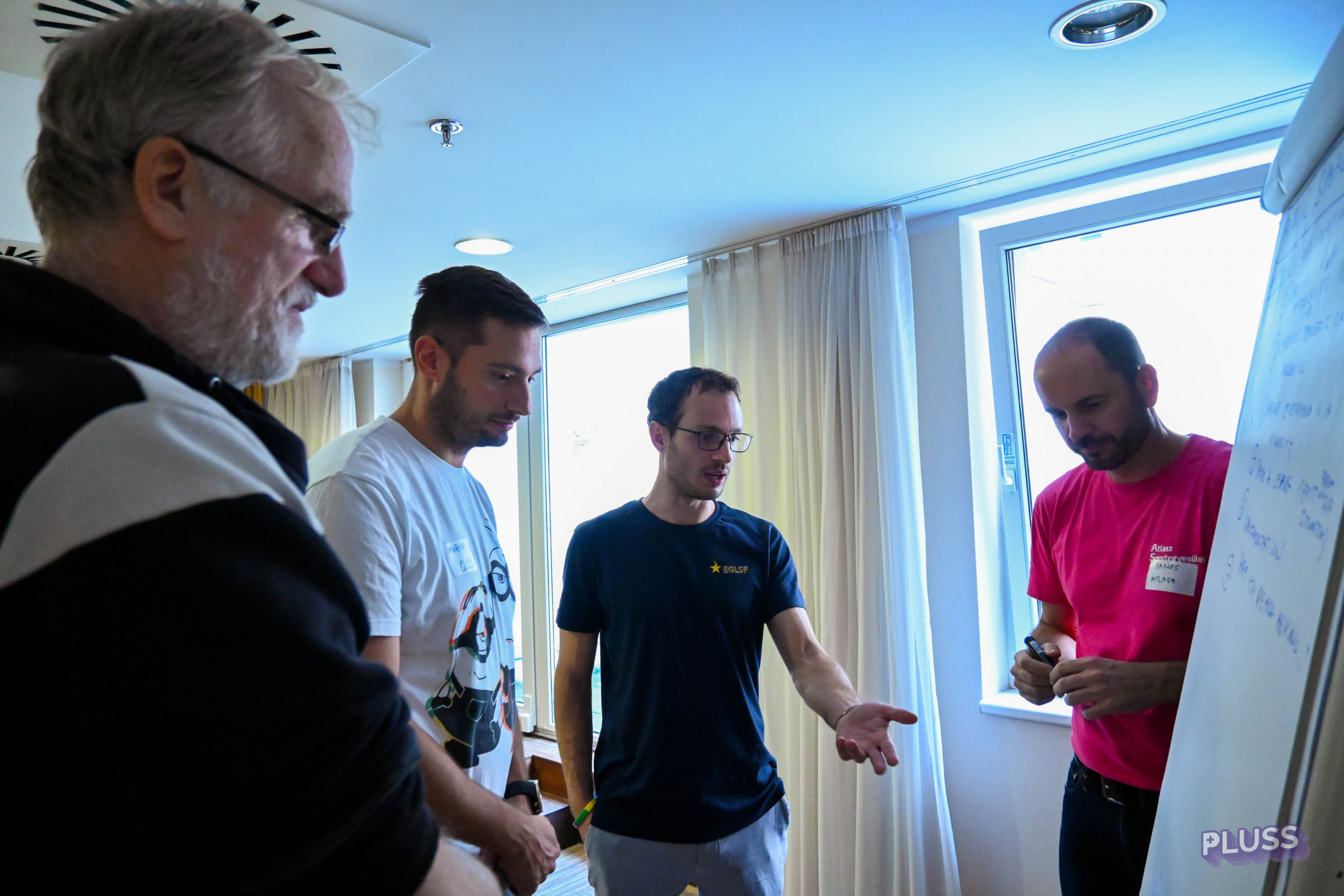
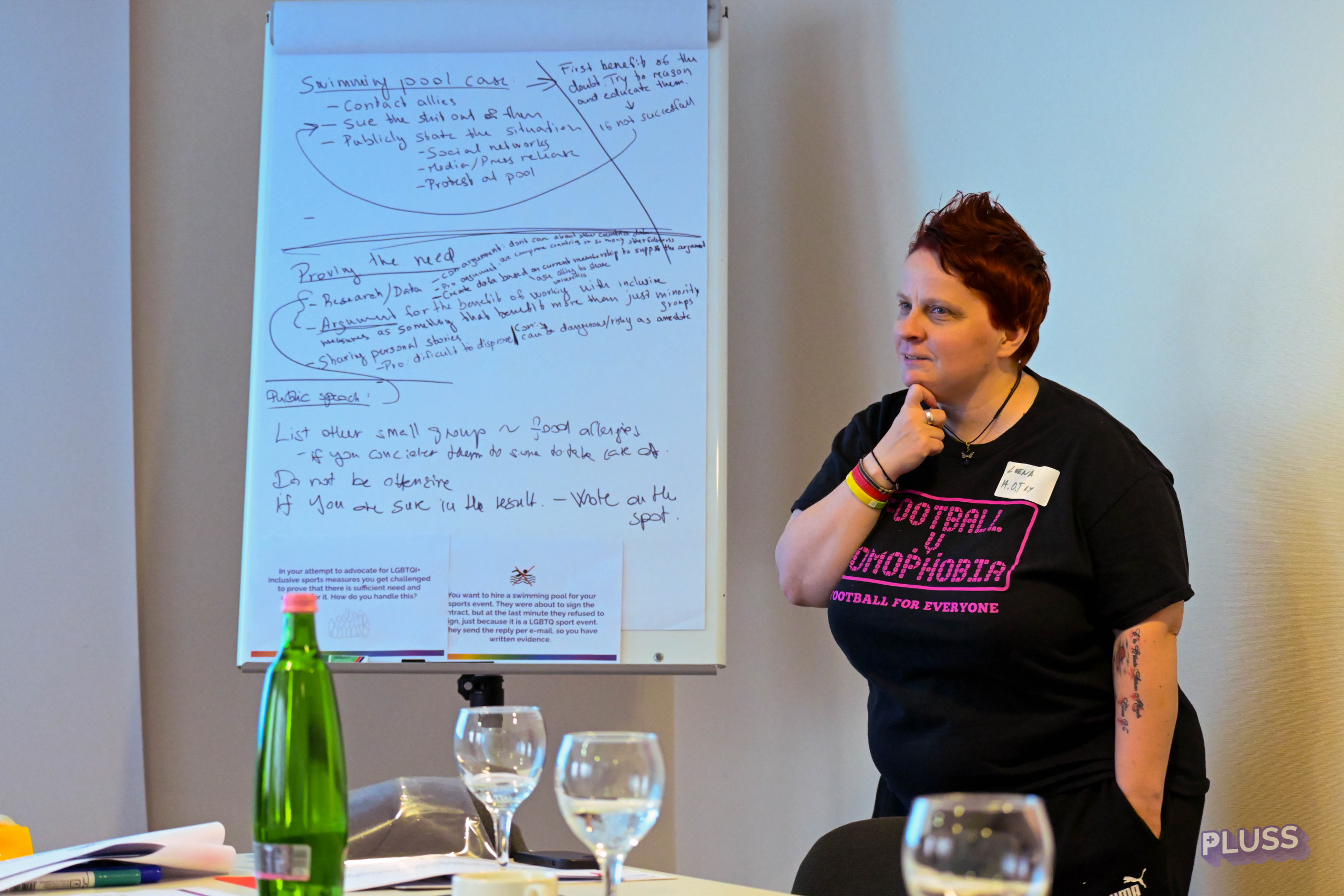
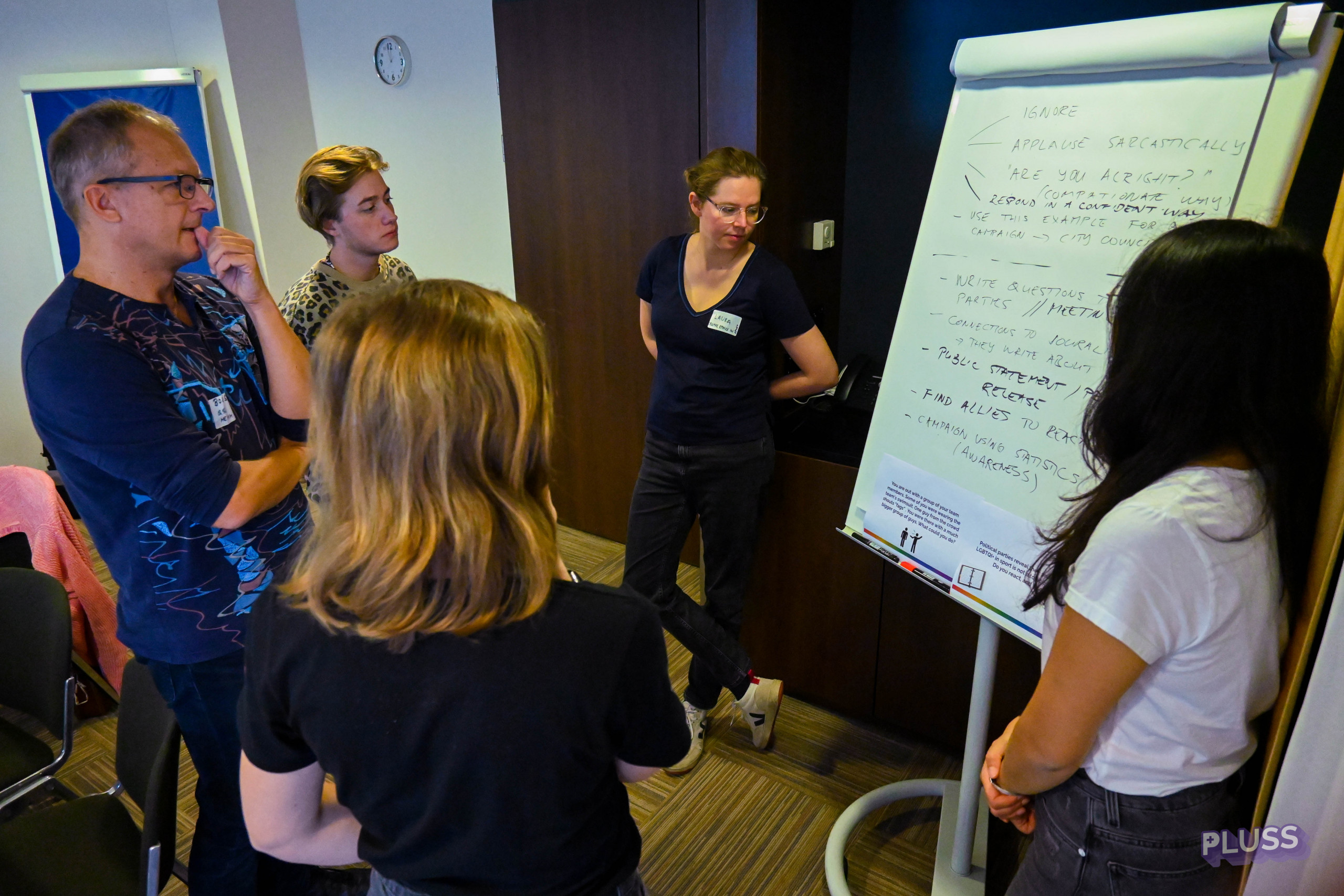
The Broad Scope of Advocacy:
The broad definition of advocacy is significant because it means that street protests are not the only way to advocate. This flexibility is particularly important for LGBTQIA+ non-profits, which often lack funds, support, and human resources. Here are some alternative advocacy methods:
- Organizing small-scale sports activities that are safe and inclusive for LGBTQIA+ individuals.
- Signing or initiating open letters and petitions for LGBTQIA+ rights.
- Participating in media appearances to voice the interests of LGBTQIA+ rights.
Despite these diverse advocacy possibilities, challenges remain, especially for LGBTQIA+ non-profit organizations. Some common challenges include:
- Lacking the right personal connections to engage with policymakers.
- Being dependent on volunteers who are often overwhelmed with other tasks and responsibilities.
Overcoming Challenges in Advocacy:
Despite these challenges, it's crucial to recognize that every organization can advocate for LGBTQIA+ inclusion in some way, provided they keep the following in mind:
- Their advocacy possibilities depend on their size and position of power.
- Their main elements (ideas, audience, channel) should strengthen each other.
- They should seek individuals with the right motivation and skills.
Have a look here at the digital presentation of the content and of the programme of the capacity building under the PLUSS project, which, apart from membership , also addressed the topics of events, advocacy and governance. If you want to know more about these topics, by clicking on them you can read the related articles.

The workshop on advocacy was delivered together with the following facilitators:
Hanne Hiel (she/her) (OUT FOR THE WIN)
Hanne is the only staff member from Out For The Win and has been active since september ‘22. She is project coordinator and was responsible for the Out For Inclusion project last year. This year she leads the Passion For Sport project, a 1,5 year project that focuses on pilot trajectories with sports federations to create an LGBTQI+ inclusive organization. Hanne works closely with the OFTW volunteers.
Margot Gysbrechts (she/her) (OUT FOR THE WIN)
Margot is the spokesperson and educational coordinator from Out For The Win as a volunteer and has been active for 6 years now. She is responsible for managing and coordinating the team of volunteers who give the workshops, keynotes and support to sports federations, clubs and coaches. During the working days she is the managing director of a non-profit tutoring company.
Gergely Kecskés (he/him) from ATLASZ SPORTS CLUB
Gergely joined Atlasz 12 years ago as a swimmer. Last year he decided to support the sports club as one of the co-presidents. He is a chemist and works as an application specialist in the field of analytical chemistry.
János Bitó (he/him) from ATLASZ SPORTS CLUB
János is a member of Atlasz for approx. 10 years now and one of the three co-presidents of the sports club; and an active member of the badminton team and swimming team. He is a management consultant during the business days.
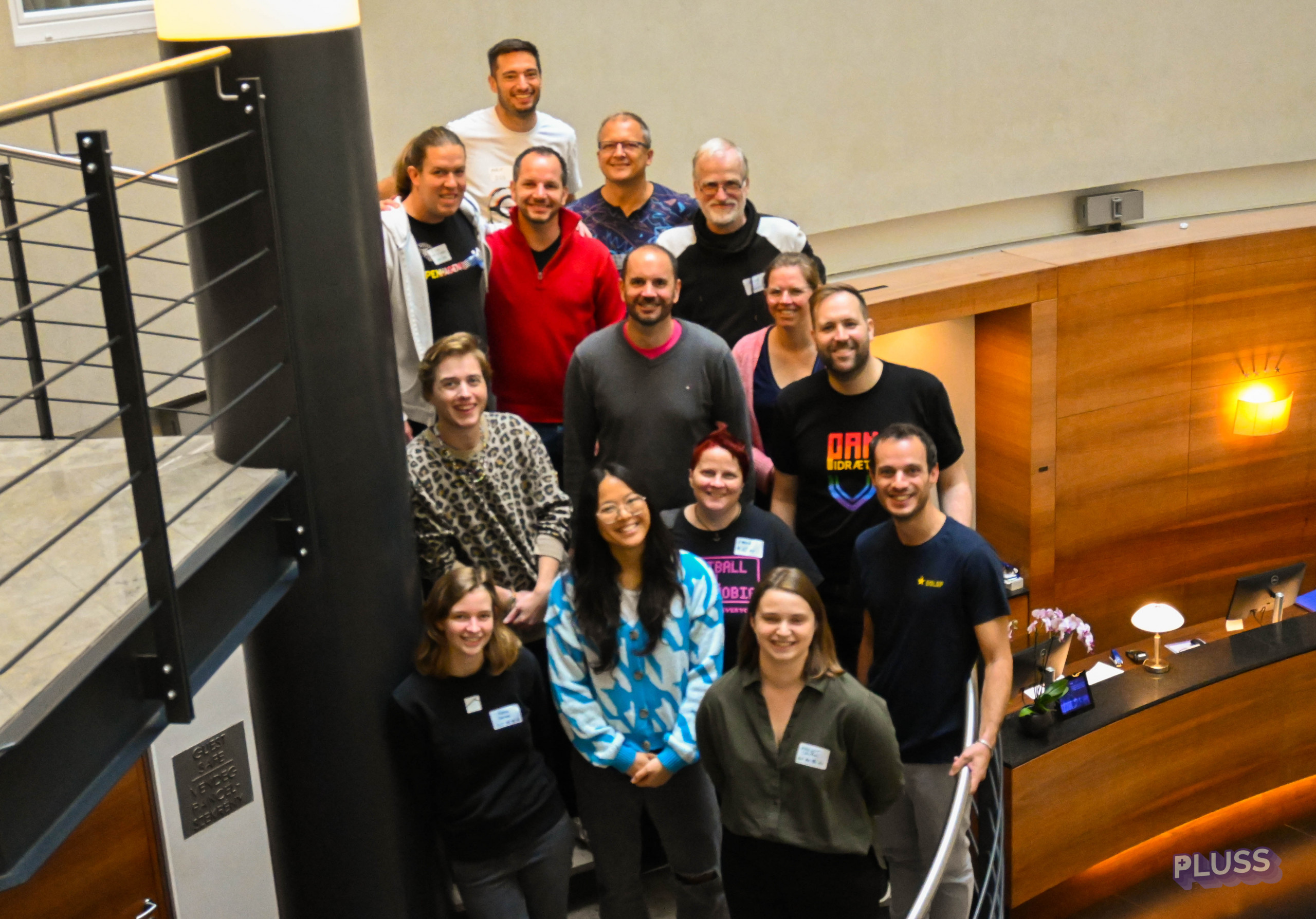
PREVIOUS ARTICLE:
PLUSS: CAPACITY BUILDING WORKSHOP ON MEMBERSHIP
The capacity building on membership workshop was co-delivered by Queer Sport Split and Out in Slovenia, partners of the Erasmus+ Sport project +PLUSS “LGBTQI+ Policy and Leadership in Sport and Society”, in Budapest (Hungary) between October 27th-29th, 2023
Keep up to date through our social media, newsletter and the PLUSS dedicated section in the
EGLSF webpage! +PLUSS PROJECT - EGLSF.info
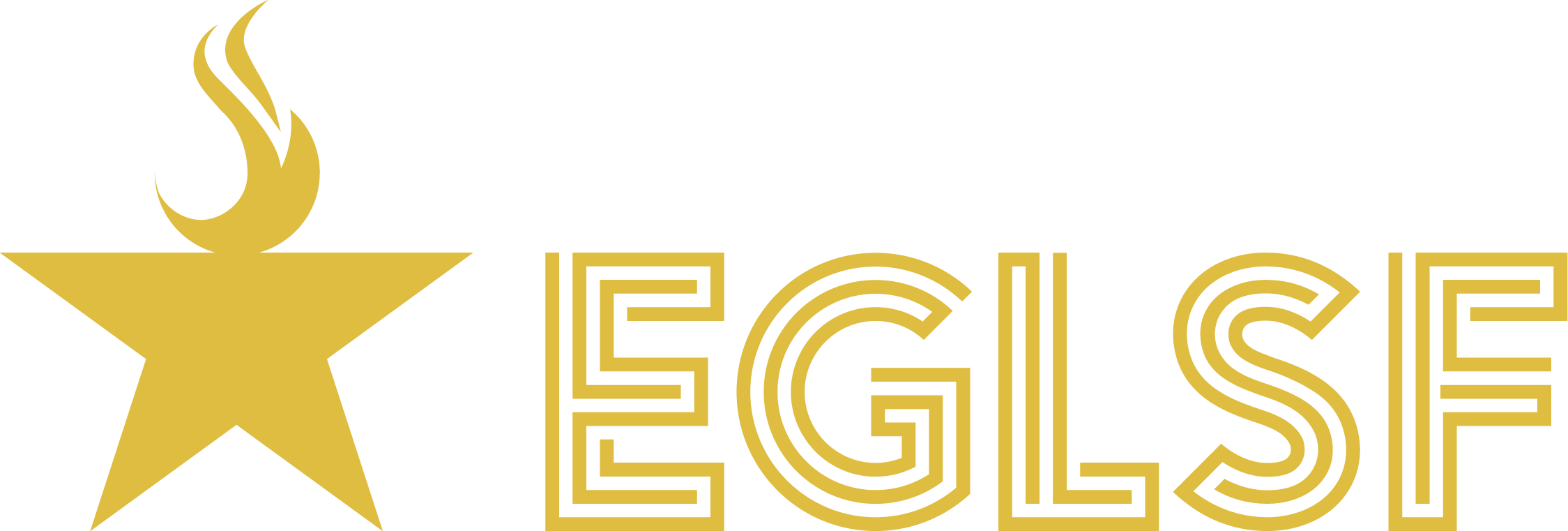
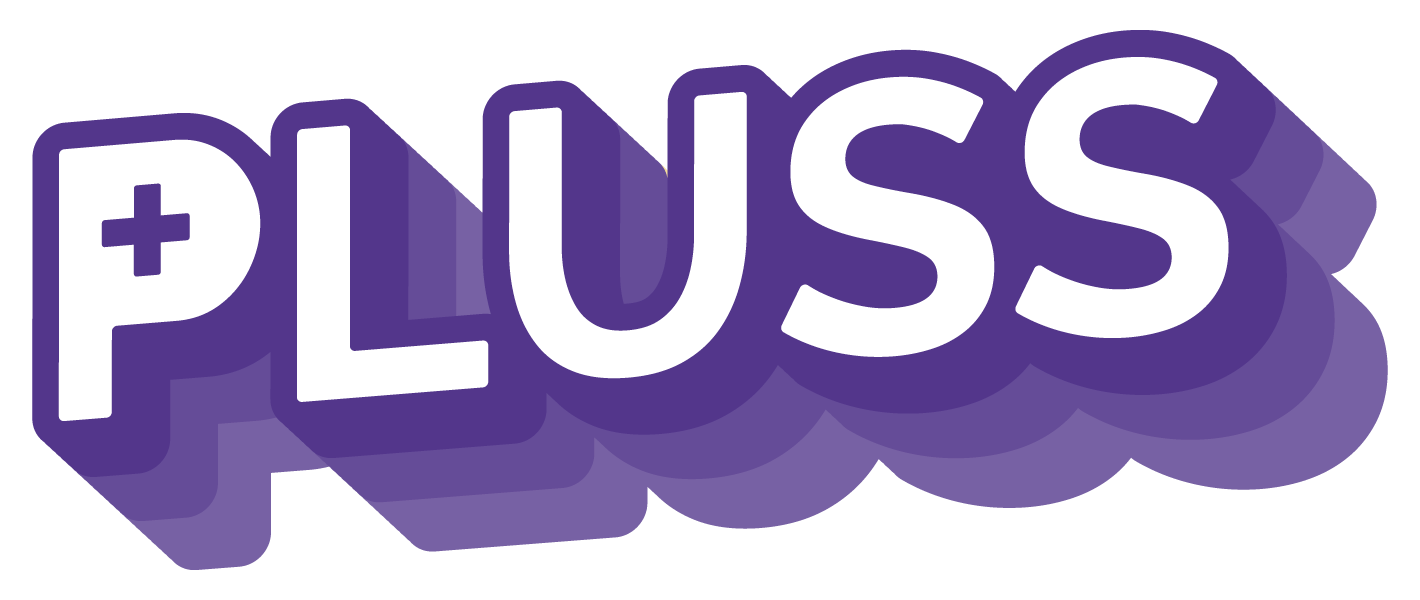

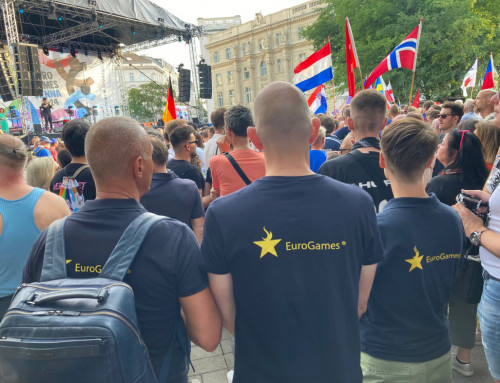
Leave A Comment